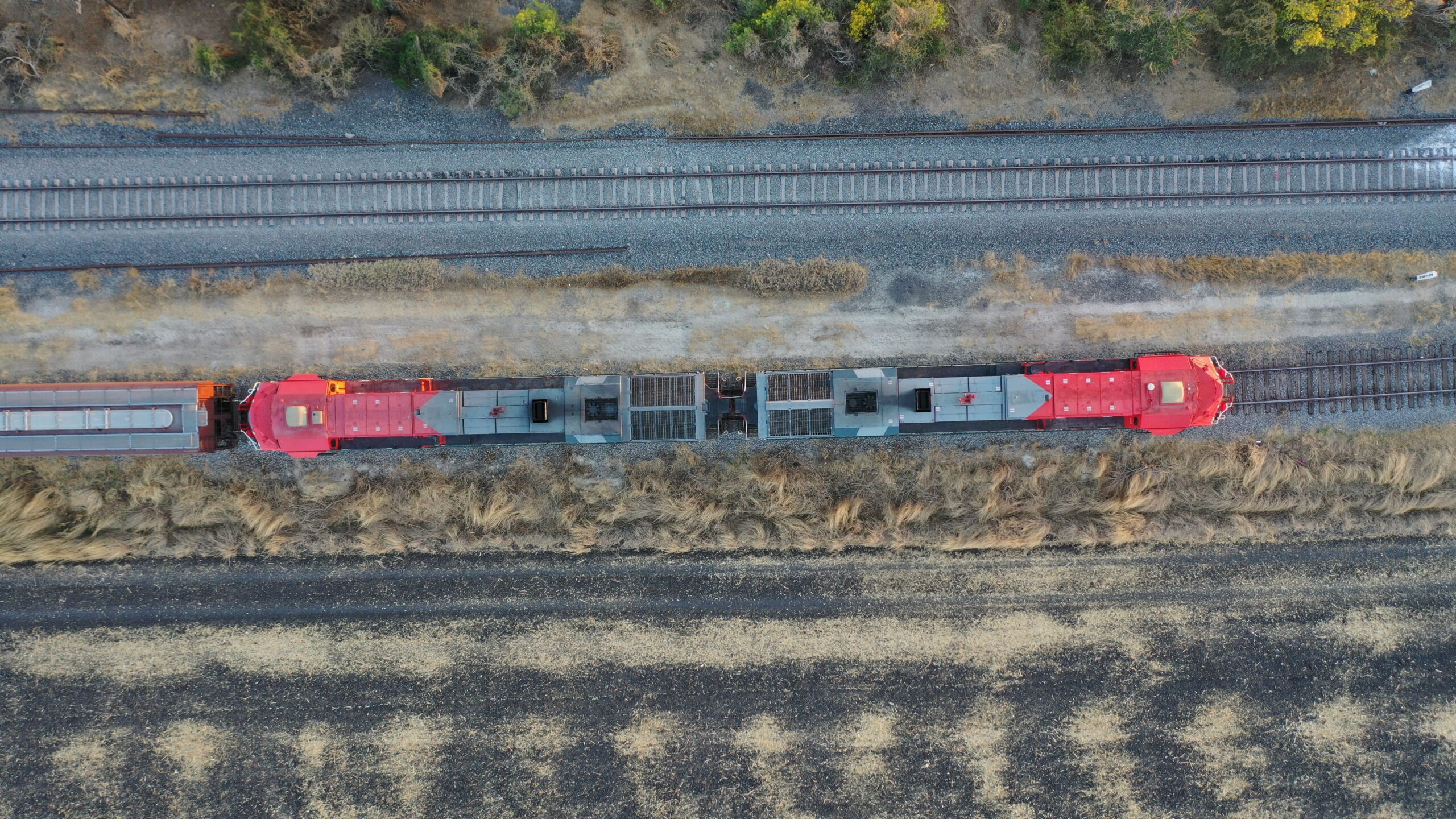- Our service
Our service
- What do we transport?
- Our fleet
- Coverage
- Useful information
- Customers
- Suppliers
Suppliers
- Invoice deposit
- Suppliers portal
- Tourism
Tourism
- Chepe Express
- Tequila express
- About Us



USEFUL INFORMATION
An audit is the procedure used to review and determine whether there is damage or shortage in the transported merchandise, and if so, to process the claim with Ferromex.
The customer has the right to request an audit when:
The cars have their original seals violated.
Receive the unit with seals different from those applied at the origin, provided that the seal replacement is not due to intervention or acts of the authorities.
The cargo arrives at its destination in a unit different from the one shipped at the origin.
The unit has been involved in an accident.
The audit service is free and interrupts the calculation of the delay as long as the provided information is truthful and the established requirements are met; otherwise, the cost of the service will be charged to the customer, applying the current various services fees and the delays generated by the unit.
2.1 WHEN THE DECLARED SEALS:
2.2 WHEN THE MERCHANDISE
2.3 OTHER CAUSES
3.1 Submit the audit request and send it to the Quality Assurance Coordinator at the address confrontas@ferromex.mx within 24 hours of the placement and/or receipt of the unit.
3.2 If the audit request is not applicable, the Ferromex Quality Assurance Coordinator will inform the requester within 24 hours of receiving the request to unload and release the unit. In these cases, an extension of the free time does not apply.
4.1 Based on the information provided in the audit request, the Quality Assurance Coordinator analyses it and determines its applicability. If applicable, an auditor is commissioned to agree with the requester on its execution within 24 hours of its receipt.
4.2 If upon starting the audit, the equipment shows any alteration or does not match what was reported in the request, it will be grounds for cancelling its execution.
4.3 The personnel designated by Ferromex and the customer or consignee proceed to count the received goods and compare them with the shipping declaration to determine any shortages or damages. At the end of the review, an audit report is prepared confirming the results obtained, which must be signed by those involved. The original of this report is delivered to the customer and/or their representative, and Ferromex retains the copy.
Ferromex will cover the client for the amount of loss determined in the audit, deducting the corresponding deductible, within a period not exceeding 15 business days after agreeing on its amount and receiving the documentation described below:
The client may not deduct from their payments to Ferromex the claims being addressed or any balances in their favour determined.
This is a service different from the audit, carried out at the request of the client and due to causes not attributable to Ferromex, and is subject to the charges established in the various services tariff. The provision of this service is not mandatory for Ferromex. As a result, a report is issued on the condition in which the cargo arrived.